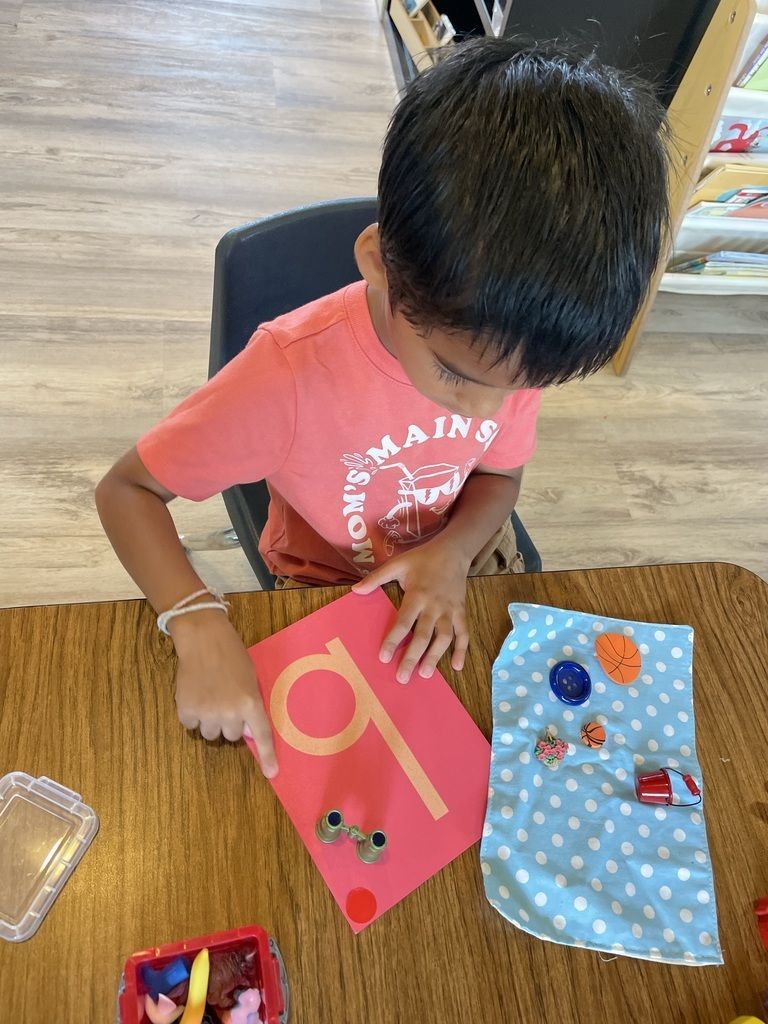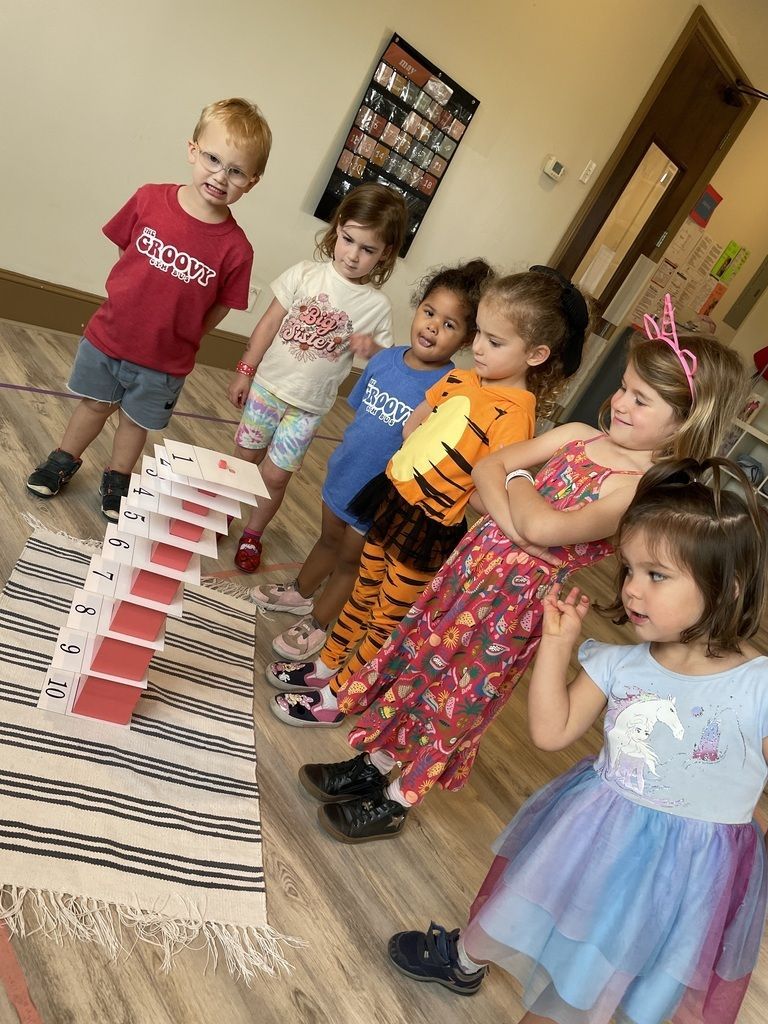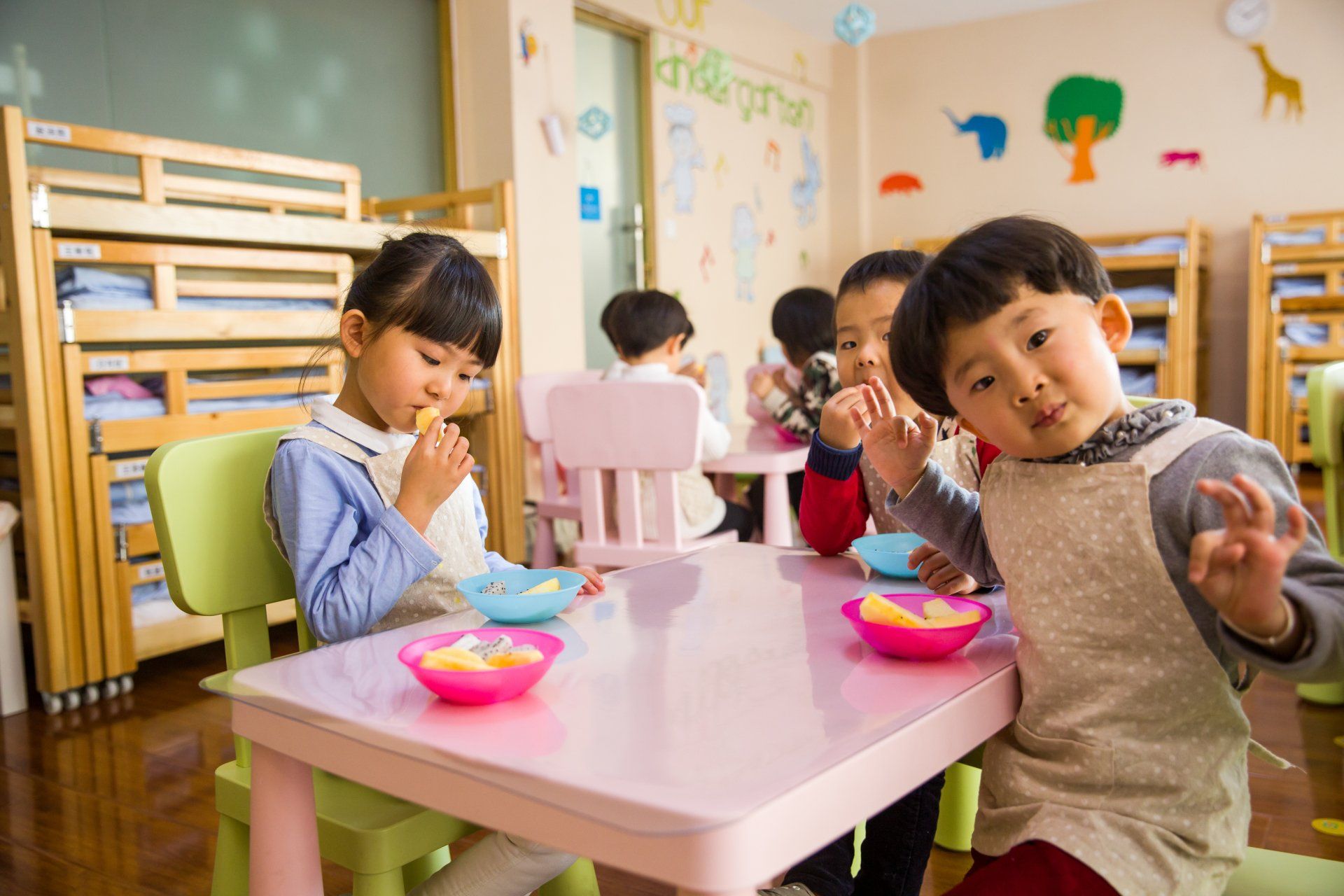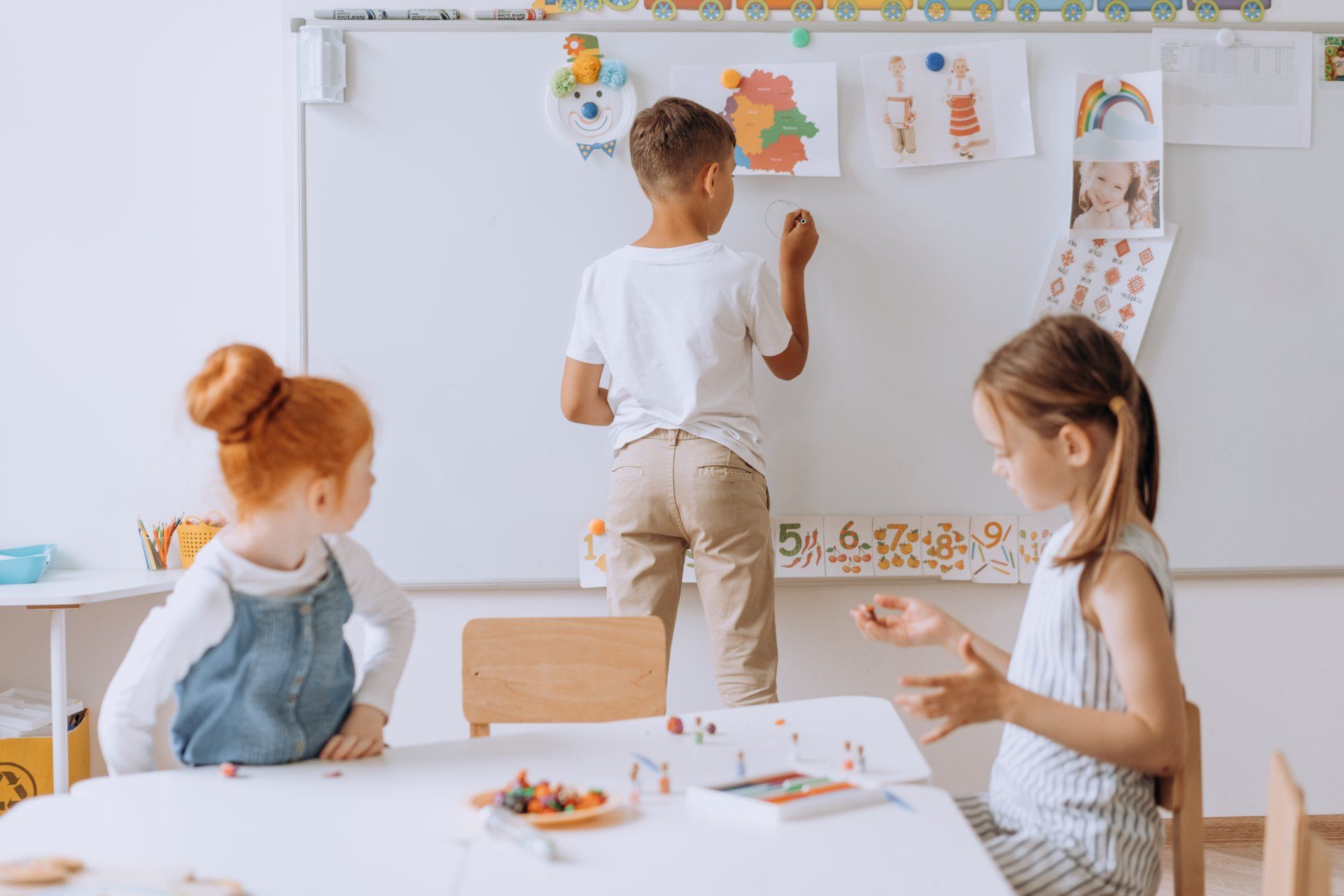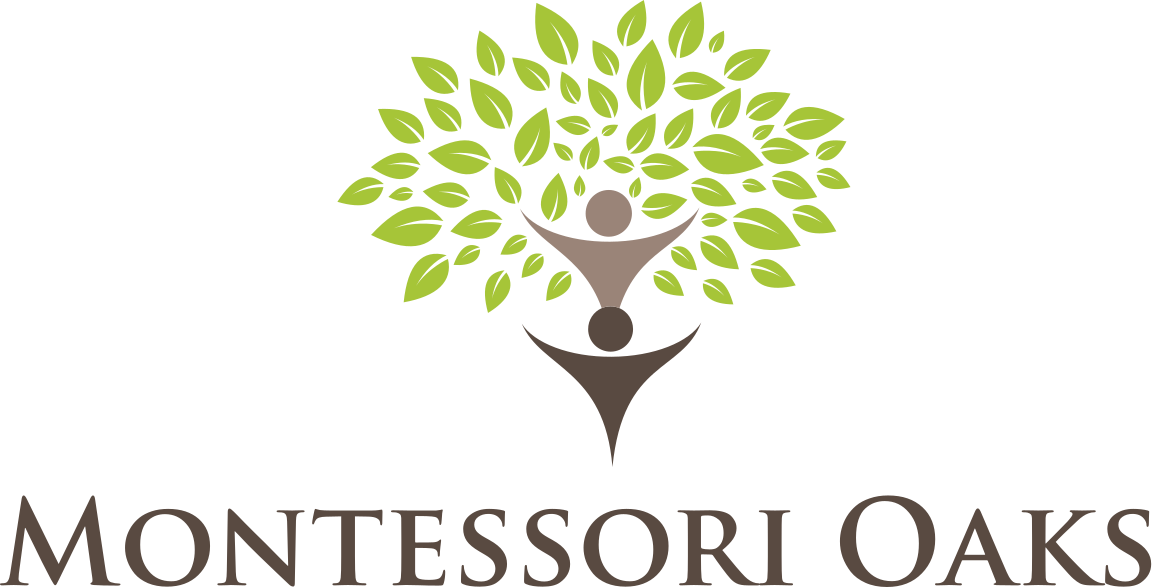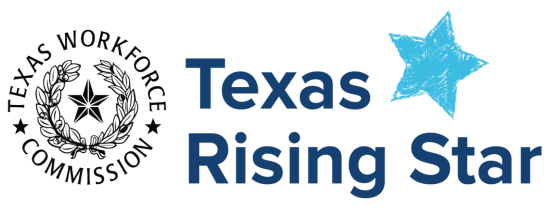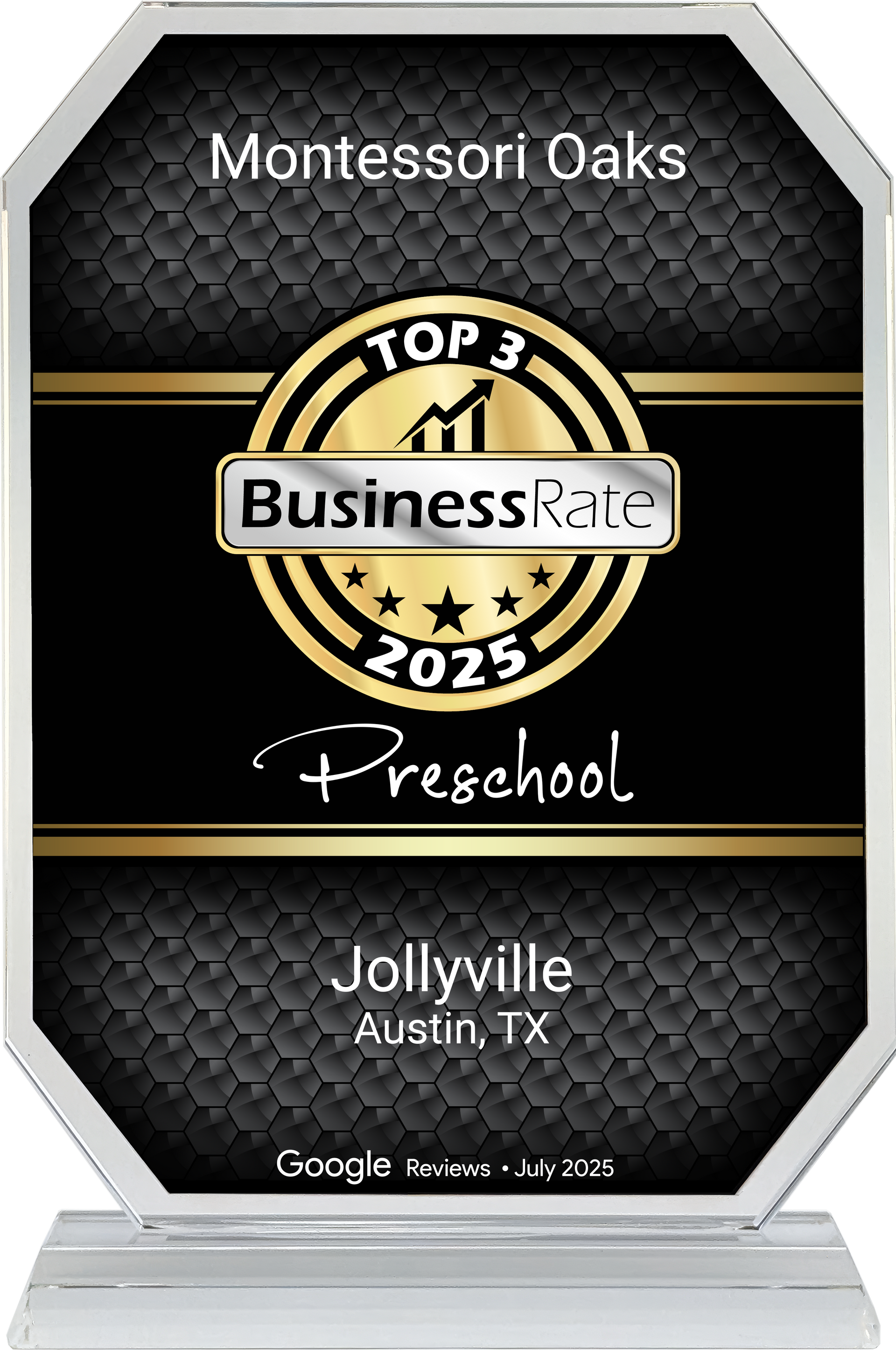Nurturing a Love for Learning: Cultivating Curiosity in Montessori Preschools
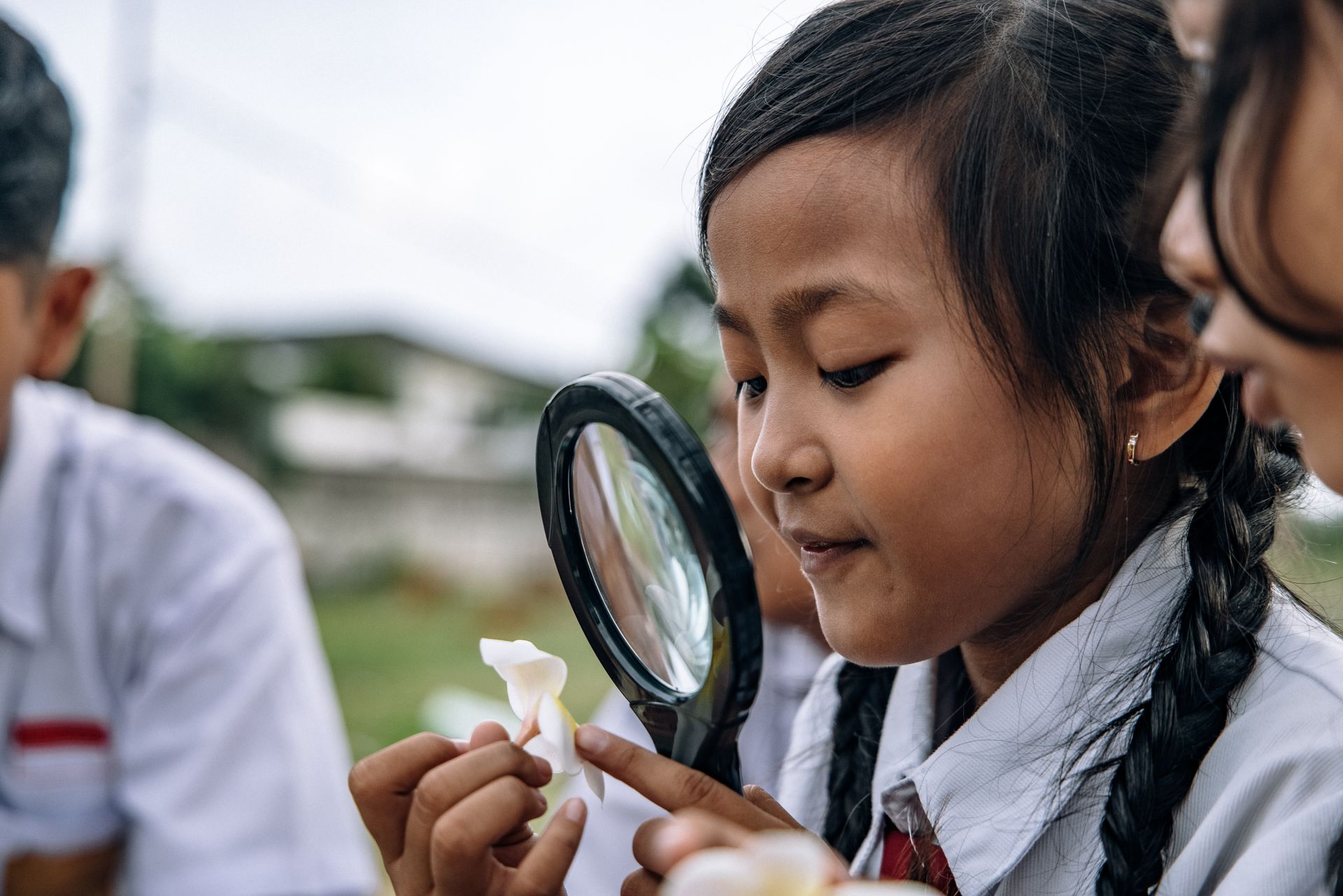
Nurturing a Love for Learning: Cultivating Curiosity in Montessori Preschools
Nurturing their Wonder:
Curiosity is the spark that ignites the flame of learning in young minds. Cultivating this innate sense of wonder is vital for a child's growth and development. Montessori preschools have a child-centered approach focused on self-directed learning and provide an ideal environment for nurturing curiosity in children.
The Importance of Cultivating Curiosity:
Curiosity is the driving force behind exploration, discovery, and innovation. Curious children actively seek new experiences, ask questions, and engage with the world around them. This natural inclination to learn is essential for cognitive development, problem-solving skills, and lifelong learning habits. By nurturing curiosity in preschool, we lay the foundation for a lifetime of intellectual curiosity and academic success.
Why Montessori is Perfect for Cultivating Curiosity:
Montessori education is fundamentally about following the child's interests and allowing them to explore and learn at their own pace. In Montessori classrooms, children choose their activities and pursue their interests independently. This autonomy fosters a sense of ownership over their learning journey and encourages children to follow their curiosity wherever it may lead.
The Montessori preschool learning environment stimulates children's senses and sparks their curiosity. Every Aspect of the Montessori classroom has hands-on materials that invite exploration and encourage experimentation.
Practical Life activities involving pouring, sorting, and washing develop essential life skills and capture children's interest and curiosity. Through these activities, children learn by doing, gaining a deeper understanding of the world around them and building confidence in their abilities.
The Role of the Montessori Guide:
In the Montessori classroom, the teacher or Montessori guide's role is to observe, support, and guide children on their learning journey. Montessori guides foster curiosity by creating a nurturing and supportive environment where children feel safe to explore and take risks. They encourage children to ask questions, make connections, and pursue their interests, providing guidance and support as needed.
Conclusion:
Cultivating curiosity is at the heart of Montessori education. By providing children with the freedom to explore, discover, and learn at their own pace, Montessori preschools empower children to become lifelong learners. In a world constantly evolving, nurturing curiosity is essential for preparing children for success in school and beyond. Montessori preschools play a vital role in fostering a love for learning that will last a lifetime.
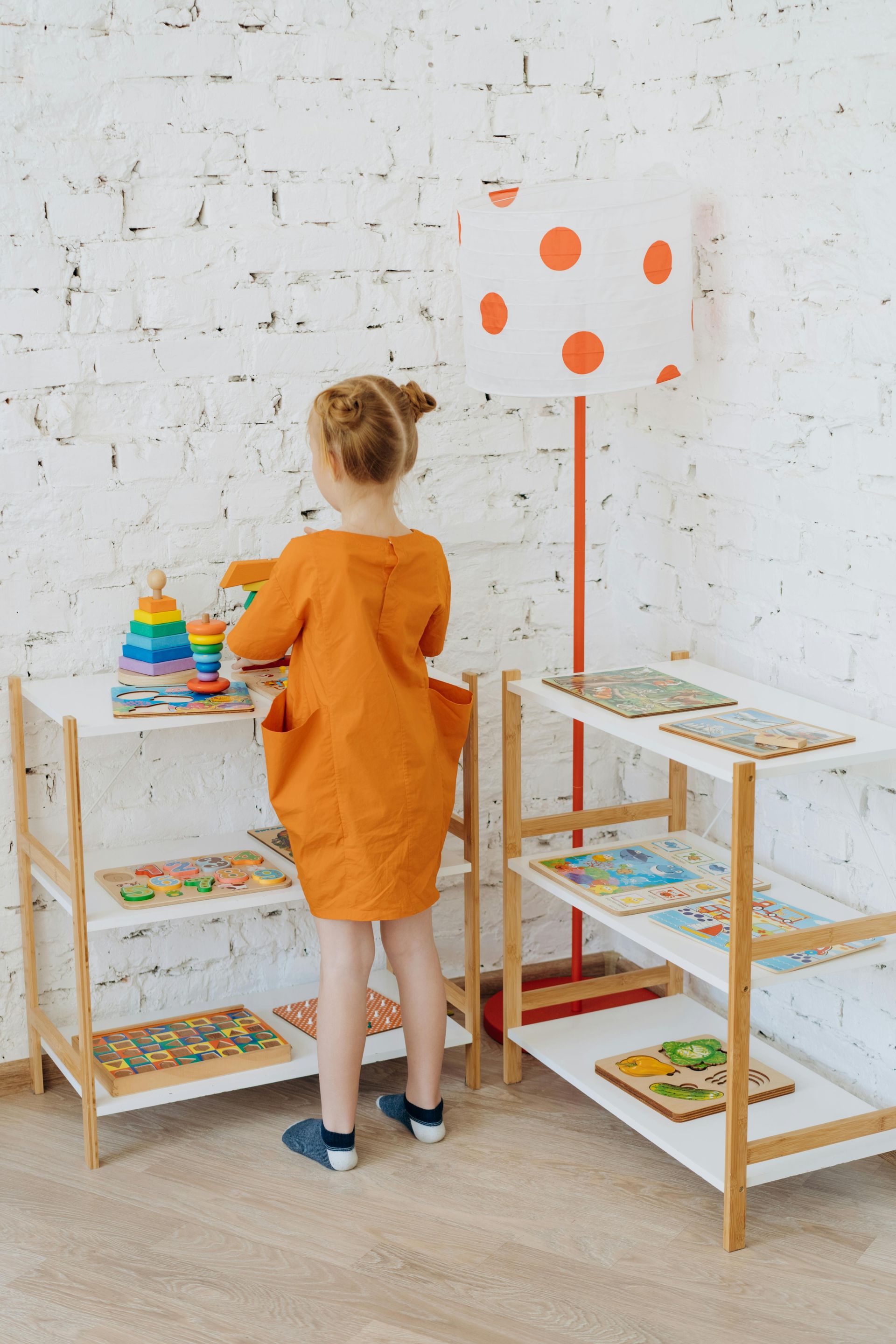
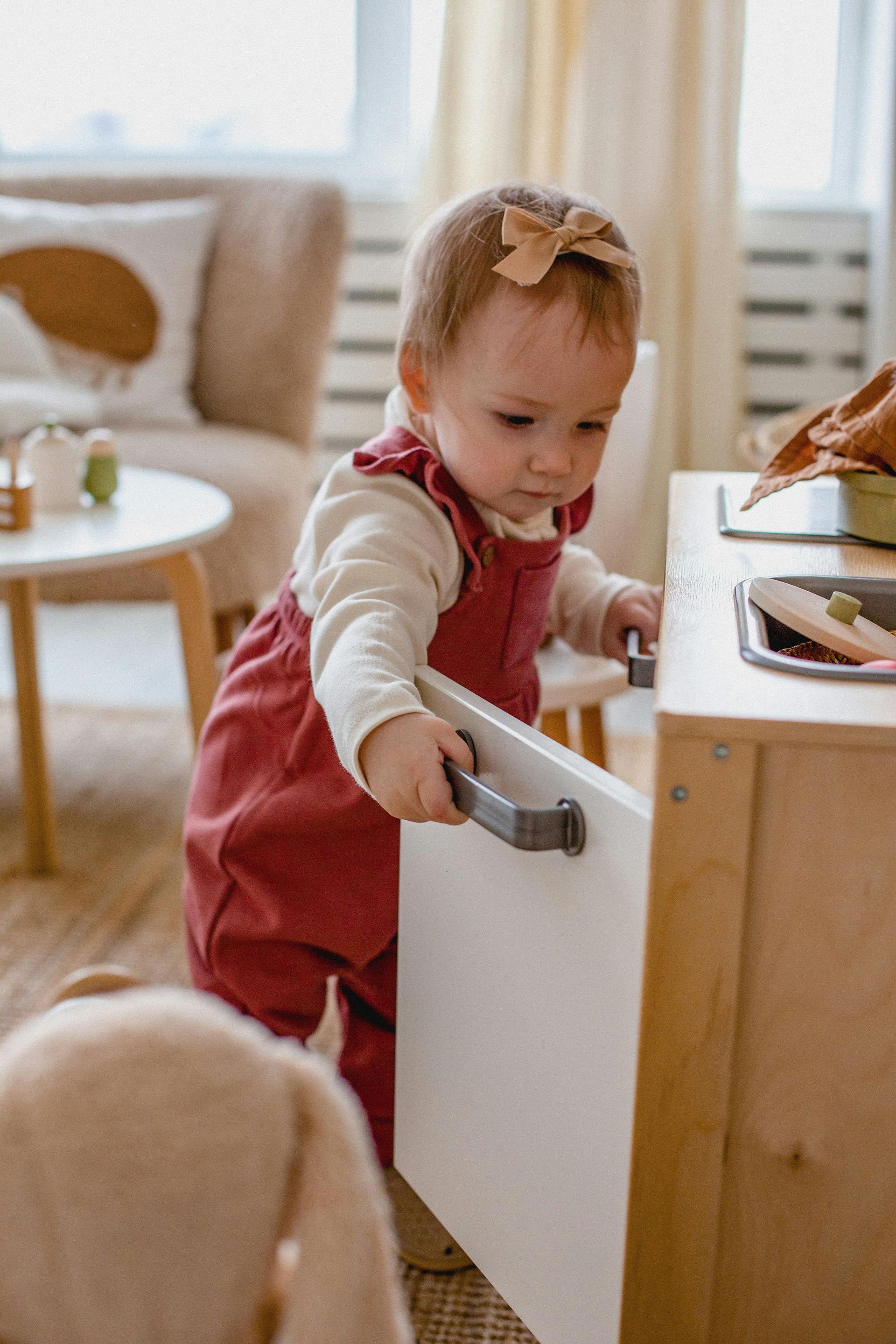
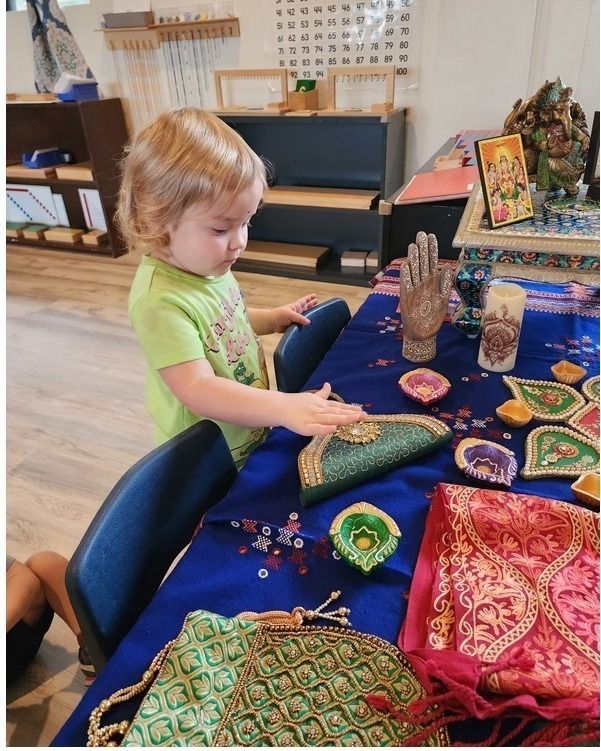
The Importance of Global Citizenship in Montessori Education: Introducing Kids to Different Cultures
